Who Actually Invented Khrushchyovkas?
Soviet khrushchyovkas have many fathers. Want to know who they are?
Khrushchyovkas are one of the most distinctive features of the Khrushchev Thaw: before the mid-1950s, mass housing was not built in the USSR. People moved into five-story buildings that we now look at disdainfully from barracks. These were not just houses, but the largest social project. And it had more than one author.
1. German Genius
In the early 1930s, about 100 German architects worked in the Soviet Union, including a group of Bauhaus graduates. These were the people who invented experimental panel construction in Germany. All of them were "more communists than Russians themselves," dreaming of relocating Soviet people to bright modern cities and creating several projects that were never realized. In 1936, almost all Germans left, and traces of those who remained were lost in 1937.
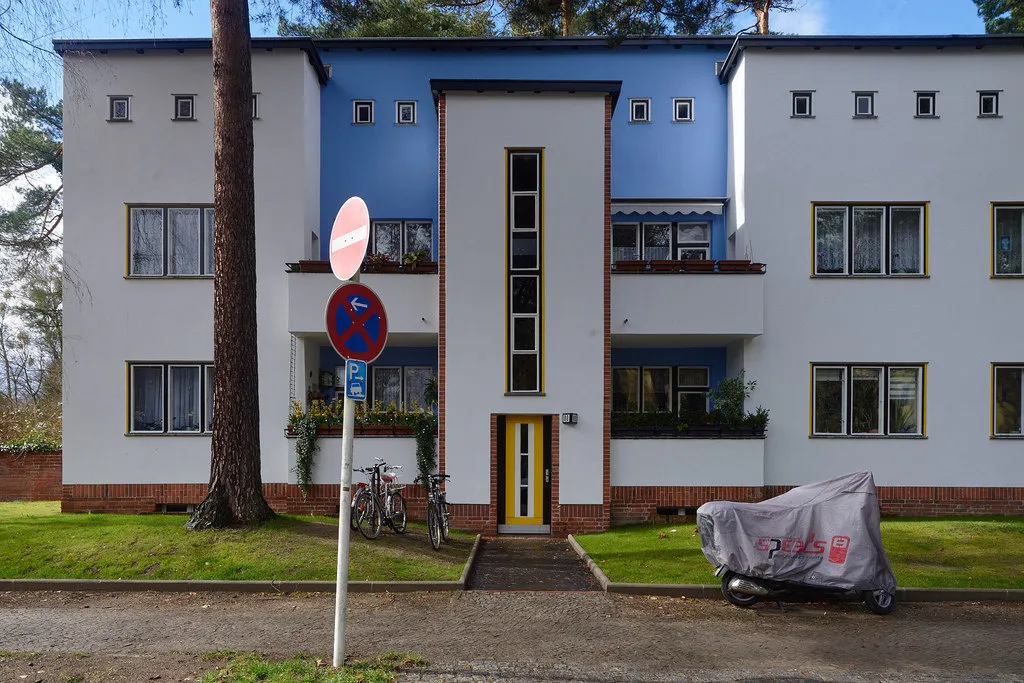 Settlement "Uncle Tom's Hut" near Berlin, designed by Bruno Taut in 1926–1932
Settlement "Uncle Tom's Hut" near Berlin, designed by Bruno Taut in 1926–19322. American Conveyor
American architect Albert Kahn was invited to the USSR in 1929 and designed over 500 factories in a short time, including all tractor plants, that is, tank plants, earning an unprecedented honorarium for those times – 200 billion dollars.
There are documents confirming that Kahn's company not only designed factories but also homes for workers, at least initially, until an order was issued to stop building housing and punish those who diverted attention to this nonsense. Regardless, the mass-conveyor method of design was developed by Kahn’s company, which built conveyor systems for Ford.
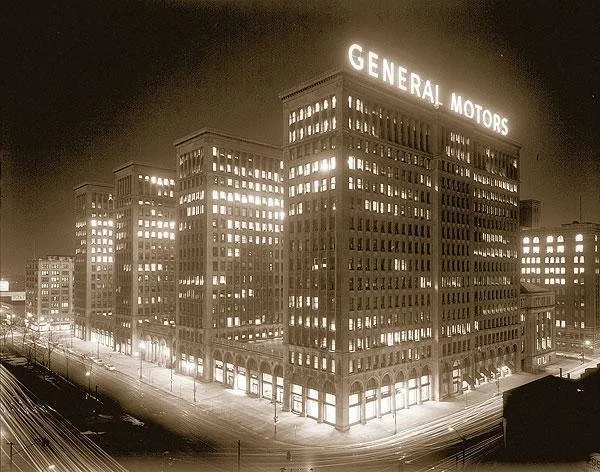 General Motors Headquarters, designed by Albert Kahn
General Motors Headquarters, designed by Albert Kahn3. French "Radiant City"
Although Le Corbusier was able to build only one building in the USSR—the Central Union House—he was expelled not only from the country but also from Soviet architecture textbooks. However, his influence is clearly visible: reinforced concrete panels, flat roofs, and lack of ornamentation—all ideas of his.
According to legend, the ceiling height of 2 meters 48 centimeters in khrushchyovkas is also due to Le Corbusier—he set this as the minimum for human existence.
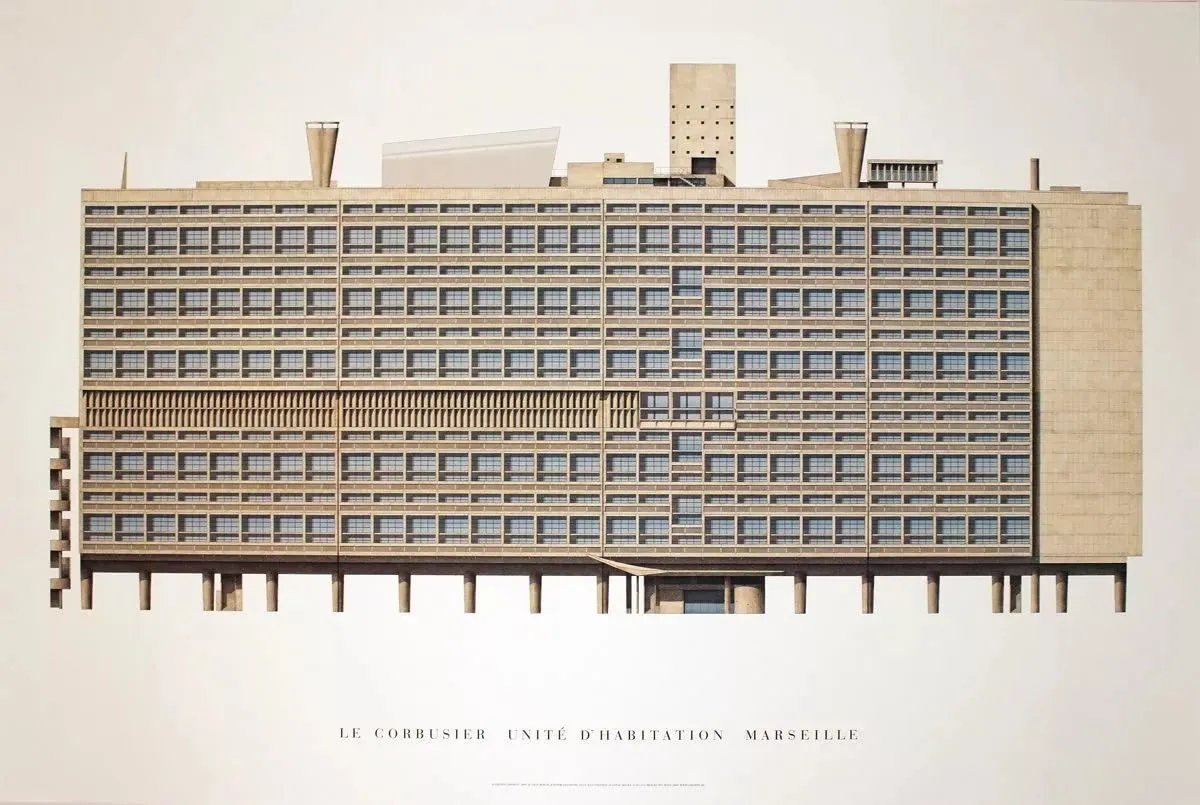 Marseilles "Living Unit" – Le Corbusier's first mass housing project
Marseilles "Living Unit" – Le Corbusier's first mass housing projectOn the cover: "Ideal City," built by Le Corbusier in India
Read also:
- Transforming a Khrushchyovka into a Comfortable Studio: Project in Nakhodka
- 10 Interesting Facts About Khrushchyovkas
- What Can Be Done with a Khrushchyovka: 5 Examples
Need a renovation specialist?
Find verified professionals for any repair or construction job. Post your request and get offers from local experts.
You may also like
More articles:
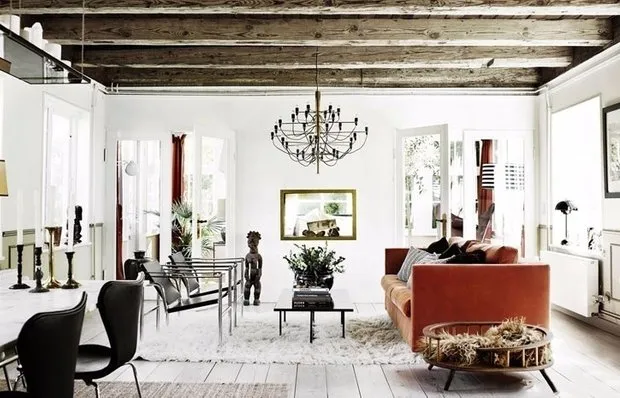 Countryside Cottage in Denmark: Old Walls, Modern Interior
Countryside Cottage in Denmark: Old Walls, Modern Interior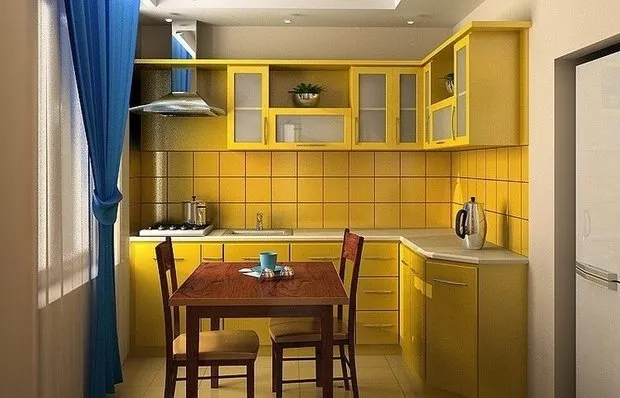 3 Layout Options for a Small Kitchen in a Panel House
3 Layout Options for a Small Kitchen in a Panel House 10 Design Hacks for Owners of Small Apartments
10 Design Hacks for Owners of Small Apartments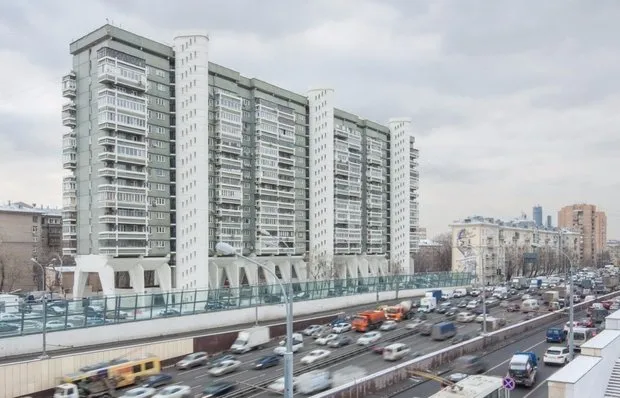 Who Built the 'House on Stilts' in Moscow and Why
Who Built the 'House on Stilts' in Moscow and Why Audio Equipment as Interior Decoration: 8 Useful Tips
Audio Equipment as Interior Decoration: 8 Useful Tips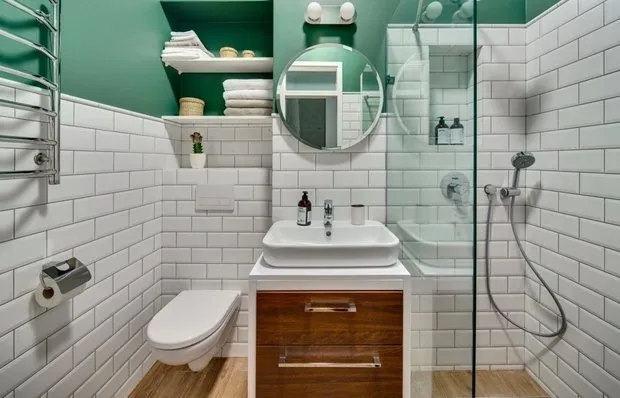 Collection of Successful Layouts for Small Bathrooms
Collection of Successful Layouts for Small Bathrooms Good Question: How to Choose Eco-Friendly Materials for Renovation
Good Question: How to Choose Eco-Friendly Materials for Renovation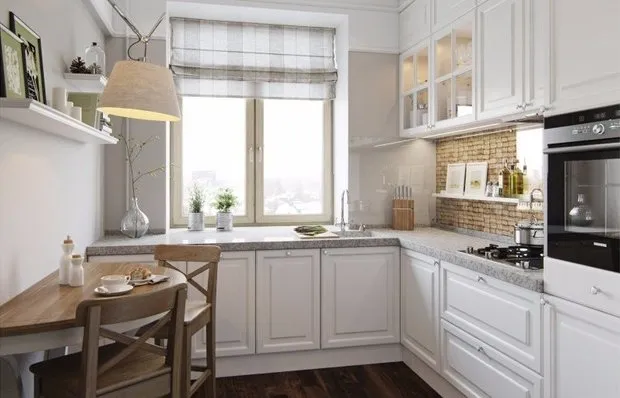 Design for Small Kitchen: 12 Ways to Increase Space
Design for Small Kitchen: 12 Ways to Increase Space